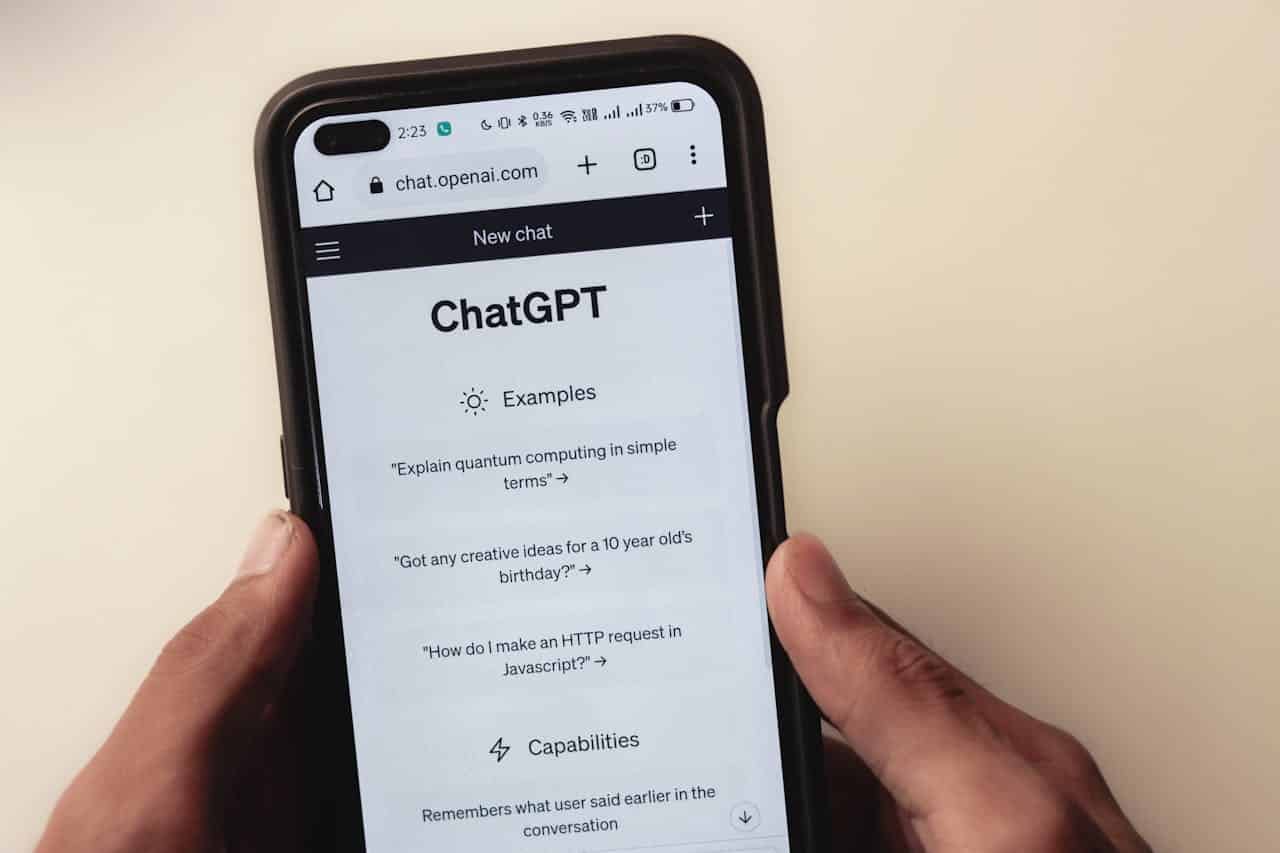
Artificial intelligence developers are putting more focus on a powerful new feature: memory. Companies like OpenAI, Google, Meta, and Microsoft are updating their AI chatbots so they can remember details about users, from past conversations to personal preferences, to give more personalized responses.
These upgrades are seen as a key move in the growing competition to win over users in the AI assistant market. Tech companies hope that giving chatbots a memory will not only improve user experience but also open the door to new business opportunities, including advertising and e-commerce.
However, not everyone is comfortable with this direction. Experts are raising serious questions about how much AI should know about people, and how that information could be used.
Pattie Maes, a professor at MIT who studies how humans interact with AI, explained that when an AI assistant remembers details from past chats, it makes users less likely to switch to a competitor. This loyalty can help companies lock in users over time, but it also opens the door to greater influence and control.
How Memory Is Changing Chatbot Performance
Today’s most advanced AI systems — such as ChatGPT, Gemini, and Meta’s assistants — can go beyond the current conversation. They now remember previous chats, user preferences, and sometimes even a person’s behavior across other apps, if permission is given.
For instance, OpenAI’s ChatGPT and Meta’s chatbot in Messenger and WhatsApp can recall user information to offer more helpful answers. A chatbot might remember that a user is vegetarian and only suggest relevant restaurants or recipes. This kind of personalization, developers say, can make AI far more useful.
ChatGPT has "Improved memory" on web now. It allows it to reference all your past chats.
— Cristiano Giardina (@CrisGiardina) February 14, 2025
It seems to work quite well – I recommend turning it on and revisiting the famous prompt:
Based on what you know about me, tell me something I may not know about myself. pic.twitter.com/YjPayr0v1v
In March, Google expanded Gemini’s memory features by allowing the tool to access a user’s search history, again, with the user’s consent. The company has plans to broaden that memory capability into other Google apps.
Michael Siliski, a senior product director at Google DeepMind, said that an AI assistant performs better the more it understands a user’s goals, habits, and preferences, just like a human helper would.
But AI memory isn’t just for consumers. Microsoft has tested features that draw on work-related content, such as emails or company documents. One feature, called Recall, takes regular screenshots of a user’s activity on their computer, although users can pause or disable it. Still, privacy experts have voiced concern, leading Microsoft to delay the feature’s rollout.
Balancing Usefulness and Privacy
While AI memory can improve how well a chatbot understands and assists a user, it also raises serious privacy concerns. Critics argue that these systems could be used to manipulate users for profit, whether by showing targeted ads or recommending products that match a user’s behavior and preferences.
Last month, Meta CEO Mark Zuckerberg said that product recommendations and ads will likely become a major part of its chatbot strategy. Around the same time, OpenAI updated its ChatGPT to make shopping easier by showing products and reviews more clearly. Although the company said it isn’t using affiliate links yet, experts expect monetization to grow over time.
There are also concerns about the accuracy of these AI tools. Sometimes, models can give answers that are incorrect or confusing — a problem known as “hallucination.” Memory itself can drift over time, with AI forgetting old facts or making mistakes when trying to recall them.
OpenAI recently apologized after its new GPT-4o model began responding in ways that many found overly flattering or too agreeable. The company reverted the chatbot to an earlier version while it investigated the issue.
Maes from MIT cautioned that the more a system knows about a person, the more it can be used to influence their decisions, whether that’s encouraging a purchase or shaping their opinions. She urged users to think critically about the motivations behind these AI tools and how companies benefit from deeper access to personal information.





